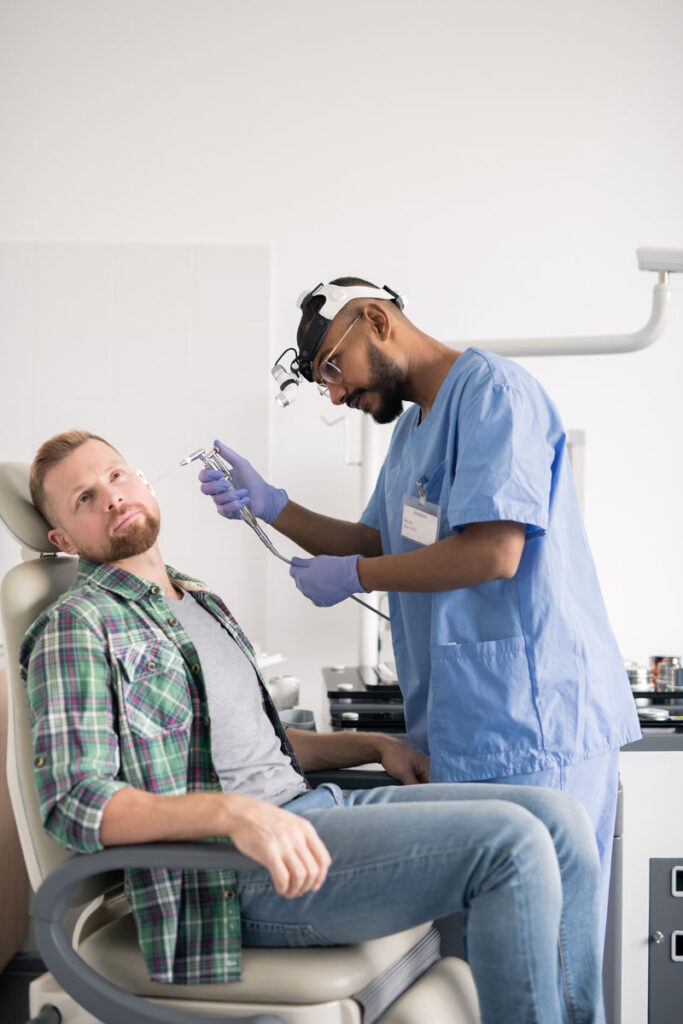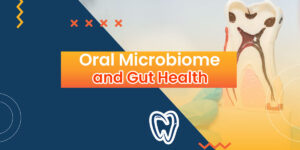Preventive dentistry is the cornerstone of a healthy, lifelong smile. By focusing on proactive care rather than reactive treatments, this approach not only saves teeth but also enhances overall well-being. Preventive dentistry is more than brushing and flossing—it encompasses professional dental care, education, and lifestyle adjustments to reduce the risk of oral diseases. Let’s dive into why preventive dentistry matters and how it can transform dental health into a long-term success story.
What Is Preventive Dentistry?
Preventive dentistry refers to a comprehensive set of practices aimed at preserving oral health and preventing dental issues before they arise. It includes daily habits such as proper brushing and flossing, as well as regular dental check-ups, cleanings, and treatments like fluoride application or sealants. The goal is to identify potential problems early or avoid them altogether, reducing the need for invasive and costly procedures in the future.
This approach benefits everyone—from children developing strong, cavity-free teeth to older adults maintaining oral health and minimizing tooth loss. Preventive care ensures that your natural smile remains intact and functional throughout your life.

The Importance of Early Prevention
The foundation of preventive dentistry is built during childhood. Teaching children to develop good oral hygiene habits from an early age helps them carry these practices into adulthood. Preventive care for children often includes fluoride treatments, sealants to protect molars, and educating parents about proper nutrition and oral hygiene techniques.
Catching issues like misaligned teeth or jaw problems early allows for timely intervention, which can save time, money, and discomfort later in life. Pediatric dentistry plays a pivotal role in ensuring that children develop healthy smiles and avoid dental phobias.
Routine Dental Visits: Your First Line of Defense
Regular dental check-ups are essential to preventive dentistry. During these visits, dentists thoroughly examine the teeth, gums, and mouth to detect early signs of decay, gum disease, or other issues. Professional cleanings remove plaque and tartar that cannot be eliminated through brushing alone, reducing the risk of cavities and gum disease.
Dentists also provide personalized advice on brushing techniques, dietary adjustments, and other preventive measures tailored to individual needs. For example, athletes might benefit from custom-fitted mouthguards to protect their teeth during sports, while individuals prone to cavities may be recommended a prescription fluoride toothpaste.
Preventive Treatments That Make a Difference
Several preventive dental treatments offer additional layers of protection:
- Dental Sealants: Thin protective coatings applied to the chewing surfaces of molars to prevent decay.
- Fluoride Treatments: Strengthen enamel and make teeth more resistant to acid attacks from bacteria and sugars.
- X-rays: Allow dentists to identify problems not visible to the naked eye, such as bone loss, impacted teeth, or deep cavities.
These simple interventions can significantly reduce the likelihood of developing complex and expensive dental issues.
Oral Health and Overall Well-being
The connection between oral health and overall health is undeniable. Conditions like gum disease are linked to systemic health issues, including heart disease, diabetes, and respiratory problems. Preventive dentistry not only protects your teeth but also contributes to better general health by reducing inflammation and the bacterial load in your body.
For pregnant women, preventive care is especially critical. Hormonal changes during pregnancy can increase the risk of gum disease, which has been associated with preterm birth and low birth weight. Regular dental visits during this time can help mitigate these risks.
The Economic Benefits of Preventive Dentistry
Preventive dentistry is not only beneficial for health but also for your wallet. Treating dental problems like cavities, gum disease, or missing teeth can be expensive and time-consuming. Preventive measures, on the other hand, are relatively inexpensive and can reduce the need for costly interventions.
For instance, a small cavity detected early can be treated with a simple filling. If left unchecked, it may progress into a root canal or extraction, which involves more complex procedures and higher costs. Investing in preventive care ensures that minor problems are addressed promptly, saving money in the long run.
Creating a Preventive Dental Routine
Maintaining a preventive dental routine is straightforward and effective:
- Brush Twice Daily: Use a fluoride toothpaste and brush for at least two minutes.
- Floss Daily: Remove plaque and food particles from between teeth where brushing cannot reach.
- Eat a Balanced Diet: Limit sugary snacks and drinks, and include calcium-rich foods to strengthen teeth.
- Visit the Dentist Regularly: Schedule check-ups and cleanings at least twice a year.
- Use Additional Tools: Mouthwash, interdental brushes, or water flossers can enhance your routine.

The Role of Technology in Preventive Dentistry
Advancements in dental technology have revolutionized preventive care. Digital X-rays provide more accurate imaging with reduced radiation, while AI-powered diagnostic tools enable dentists to detect problems at their earliest stages. Innovative products like electric toothbrushes, smart flossers, and remineralizing toothpaste have also made it easier for patients to maintain optimal oral hygiene at home.
A Lifetime of Smiles Begins Today
Preventive dentistry is a powerful strategy to ensure that your teeth and gums remain healthy and functional for a lifetime. By incorporating simple daily habits, scheduling regular dental visits, and embracing modern treatments, you can prevent common dental problems and enjoy the benefits of a confident, radiant smile.
Remember, investing in prevention today saves you from complications tomorrow. Make your oral health a priority—because every smile deserves to last a lifetime.




